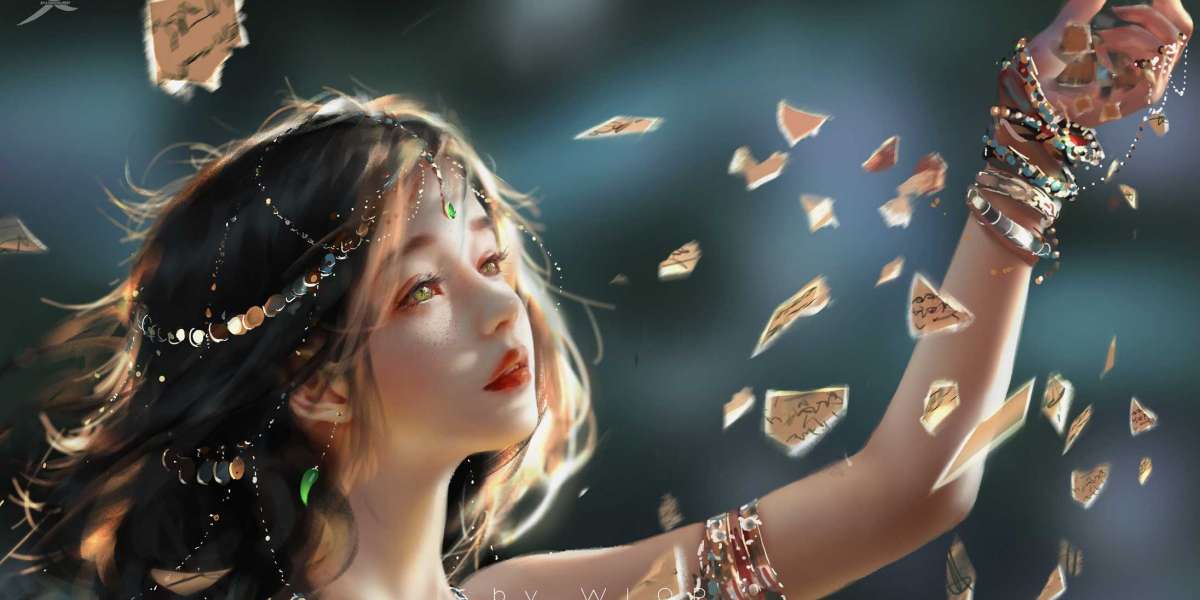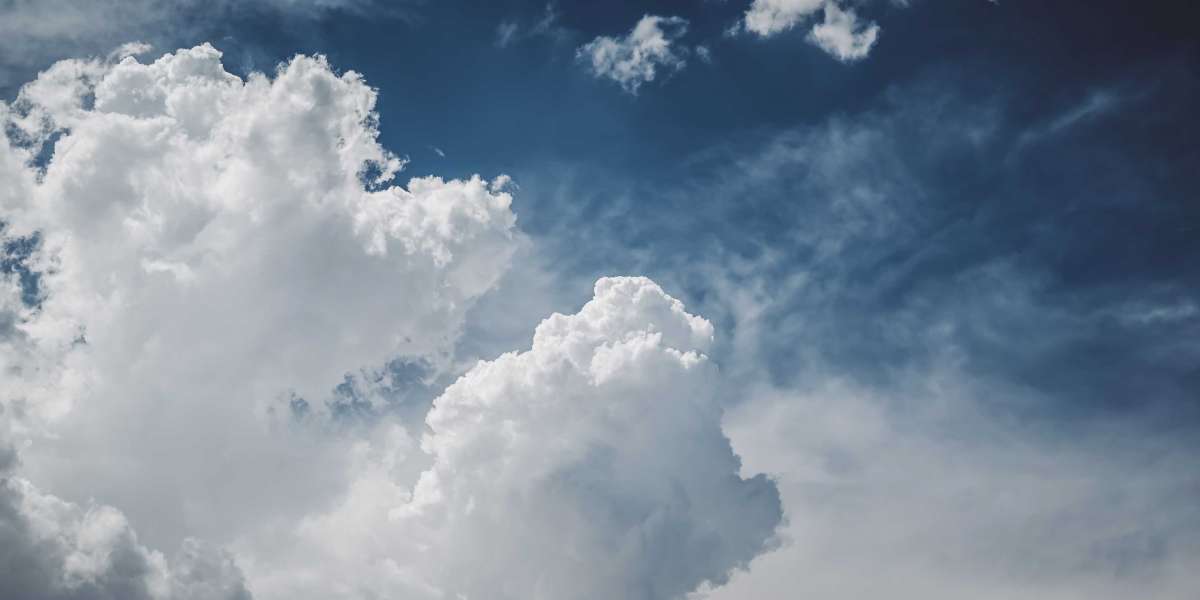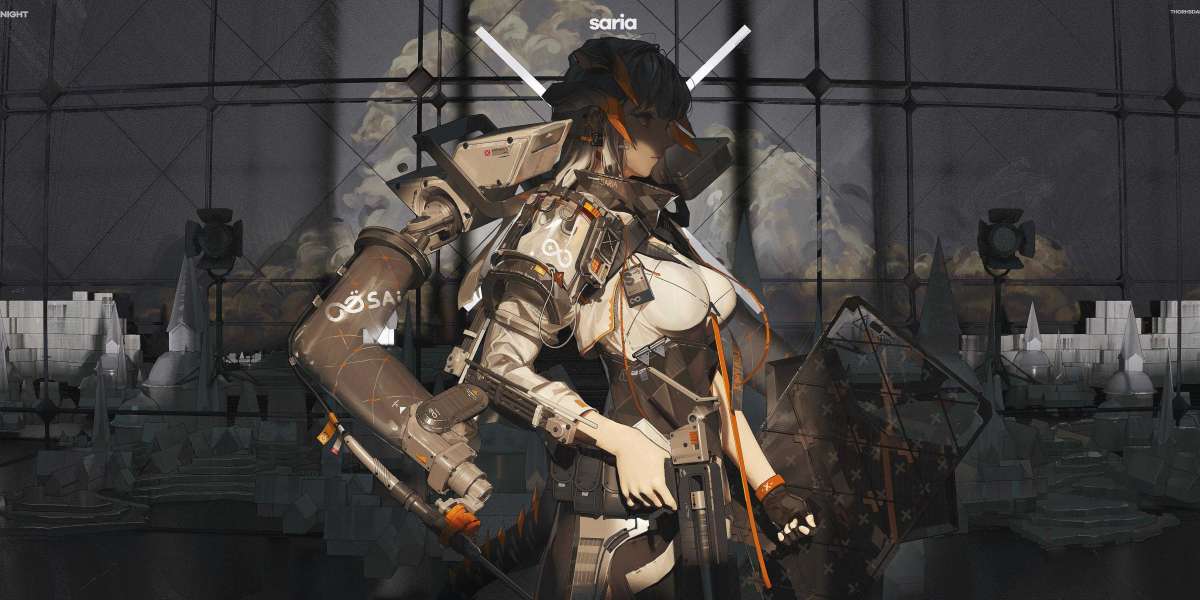Painted figures have a rich history that spans centuries, evolving from ancient artifacts to contemporary collectibles. These miniature representations not only serve as artistic expressions but also reflect cultural narratives and historical contexts. In this article, we will delve into the fascinating journey of painted figures, examining their significance and transformation over time.
Historical Significance of Painted Figures
Throughout history, painted figures have played a crucial role in various cultures. From the Egyptian statuettes to the intricate Japanese figurines, these artifacts often held religious or ceremonial importance. They were crafted to depict deities, ancestors, or significant events, serving as a means of storytelling and cultural preservation.
- Ancient Egypt: Statuettes were often placed in tombs to accompany the deceased.
- Medieval Europe: Painted figures were used in religious contexts, often found in churches and cathedrals.
- Asian Cultures: Miniatures were crafted to represent folklore and mythology.
Modern Miniatures: A New Era of Painted Figures
In the modern era, painted figures have transitioned into a popular hobby and collectible art form. Enthusiasts and artists alike engage in the creation and customization of these miniatures, often inspired by anime, video games, and pop culture. The rise of conventions and online communities has further fueled this passion, allowing collectors to share their creations and connect with like-minded individuals.
What makes modern painted figures particularly appealing? The answer lies in their intricate designs and the personalization options available. Collectors can choose from a variety of themes, styles, and sizes, making each piece unique. Additionally, the advent of high-quality materials and advanced painting techniques has elevated the craftsmanship of these figures.
The Craftsmanship Behind Painted Figures
The process of creating painted figures involves several meticulous steps. Artists begin with sculpting the figure, often using materials such as resin or plastic. Once the base is formed, the painting process begins. This stage requires a keen eye for detail and a steady hand, as artists apply layers of paint to achieve the desired finish.
- **Sculpting:** Creating the initial form using various materials.
- **Priming:** Applying a base coat to prepare the surface for painting.
- **Painting:** Layering colors to bring the figure to life.
- **Finishing Touches:** Adding details and protective coatings.
Collecting Painted Figures: Tips for Enthusiasts
For those interested in starting their collection of painted figures, consider the following tips:
- Research different styles and themes to find what resonates with you.
- Join online forums or local clubs to connect with other collectors.
- Invest in quality pieces, as they often hold their value over time.
In conclusion, the evolution of painted figures from historical artifacts to modern miniatures showcases the enduring appeal of this art form. Whether you are a seasoned collector or a newcomer, understanding the significance and craftsmanship behind these figures enhances the appreciation of this unique hobby. For more insights into painted figures and related collectibles, visit  .
.








